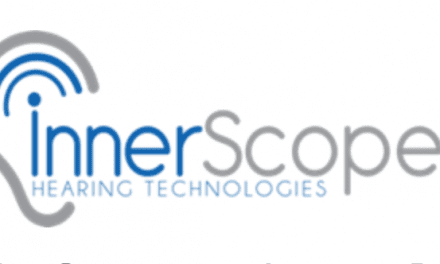Manhasset, NY — Scientists at the Feinstein Institute for Medical Research have figured out why some patients with hearing loss triggered by an autoimmune response do not respond to the traditional therapy.
Andrea Vambutas, MD, a neurotologist who conducts research on autoimmune inner ear disease (AIED), is the lead author of a study that has identified a key biomarker for AIED. Using this marker, the scientists may be able to identify those patients who would best respond to a steroid-based treatment.
The finding appears in the January 2011 edition of the Journal of Immunology.
When AIED is suspected, patients are typically given oral steroids during periods of acute hearing loss, but only half respond to the medication and recover some hearing. When patients are not responsive to steroid therapy, the clinicians may turn to other causes of hearing loss, thereby shutting the door on the possibility of an autoimmune condition.
Dr Vambutas and her colleagues set out to find biomarkers of AIED that would help in making a definitive diagnosis. They collected inner-ear fluid in patients undergoing cochlear implant surgery and identified a decoy receptor, a protein that sequesters inflammation. Those patients with AIED could not prevent inflammation.
“If people who show a response to steroids had evidence of increased decoy receptor production, we could use this technique to see who might respond to steroids,” said Vambutas in a press statement.
Vambutas and her team found that AIED patients who clinically respond to steroids correlated with the ability of patients’ immune cells to make this decoy receptor in response to steroids in culture.
The culprit appears to be Interleukin-1 Receptor Type II (IL1R2), a molecular decoy that traps interleukin-1β (IL-1β) and does not initiate subsequent signaling events, thereby suppressing an inflammatory response. IL1R2 expression is induced by the steroid dexamethasone. Her laboratory has recently identified that aberrant expression of interleukin-1, an inflammatory protein, is associated with steroid resistance in these patients.
On the basis of these findings, Dr Vambutas and her colleagues are now enrolling corticosteorid-resistant AIED patients for a phase I clinical trial to determine if a new medication may salvage some hearing in these patients. The clinical trial will test the benefits of an interleukin-1 receptor antagonist called anakinra (Kineret) for the treatment of corticosteroid-resistant autoimmune hearing loss.




